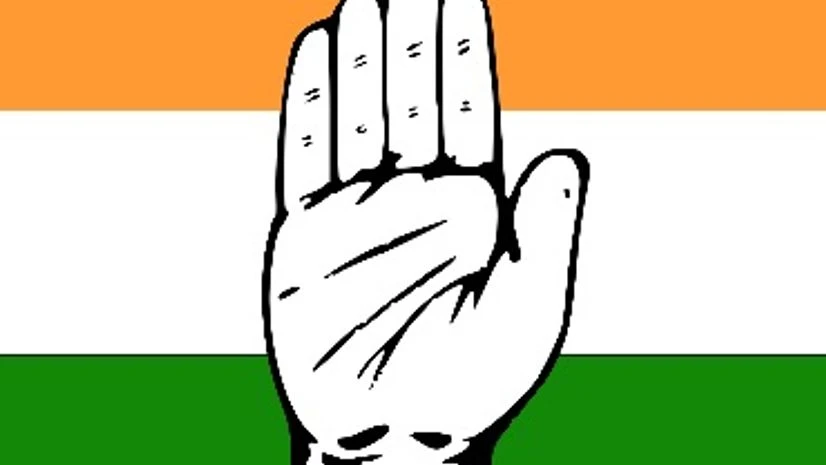UP Congressman and former Union minister Jitin Prasada had last week formally proposed the idea through a letter to the UP Congress to "break fresh political ground for itself in Uttar Pradesh".
While the Congress maintains that the "discontent among the poor in the upper castes" needed to be addressed, it is careful to clarify that such a step would be without affecting existing reservation for SCs, STs and OBCs.
Congress insiders explain that the reason why 'young gun' Jitin Prasada who is considered to be close to party Vice president Rahul Gandhi had not been censured for airing his views on quotas, was because the Congress manifesto both in 2009 and in 2014 had committed itself to "carving out a reservation for reservation for economically weaker" sections of all communities.
When veteran Congressman Janardan Dwivedi in the run up to the 2014 general elections called for a rethink on the quota system, Congress President Sonia Gandhi was quick to snub him.
In a public statement Gandhi made clear that empowerment of SC, ST and OBCs was an "article of faith" for the Congress party. Adding that Congress was committed to introducing reservation in education and employment for "economically weaker sections for all communities" without affecting existing reservation for SCs, STs and OBCs.
Former Union minister and Congressman Manish Tewari today again raked up the issue saying, "Notwithstanding whatever Bhagwat has articulated, the time has come to revisit the premise as to whether reservation is at all contextual in the 21st century. And if at all it is contextual, then should the basis of reservation be economic as poverty is the biggest indice of backwardness?"
However, while demanding reservation for the "poor among the upper castes" however Jitin Prasada in his letter to AICC general secretary incharge Madhusudan Mistry had also demanded "exclusion" of the dominant sections among the OBCs who had grabbed the benefits of reservation.
Speaking to Business Standard Prasada clarified that his views were strictly in "context of Uttar Pradesh", saying "Reservation benefits have been cornered by the dominant castes but there are the disadvantaged among the general category, the poor among the upper castes, the Most Backward Castes (MBCs) and the Extreme Backward Castes (EBCs), they have been excluded."
Adding, "Even among the OBC Yadavs, only those from a certain section from Etawah, Mainpuri have benefitted through reservation, the rest have not. There is great discontent among those who have been excluded in the garb of social justice."
Prasad insists that factors of economic standing, access to schooling, family history, the groups access to political power and government jobs should be the deciding criteria for inclusion and exclusions. Prasada hastily adds that he was advocating a rethink on Dalits (SC) and ST quotas but only on OBC Mandal politics.
In his view the long out of power Congress in UP needed to "Carve (ing) up a social block based on progressive and innovative branding of the social justice system" and such a move would help it gain a foothold in the state.
More From This Section
Party insiders highlight how the Bhupinder Hooda government in Haryana had given 10% reservation to economically backward sections in education and employment based on criteria such as annual income, landlessness etc.
In Bihar poll season, even as the BJP distances itself from Mohan Bhagwat's statement fearing a backlash from caste ridden Bihari voters, the Congress has been astute enough to lambast Bhagwat while at the same time give voice to the discontented "poor among the upper castes" by talking of economically weaker sections.

)
